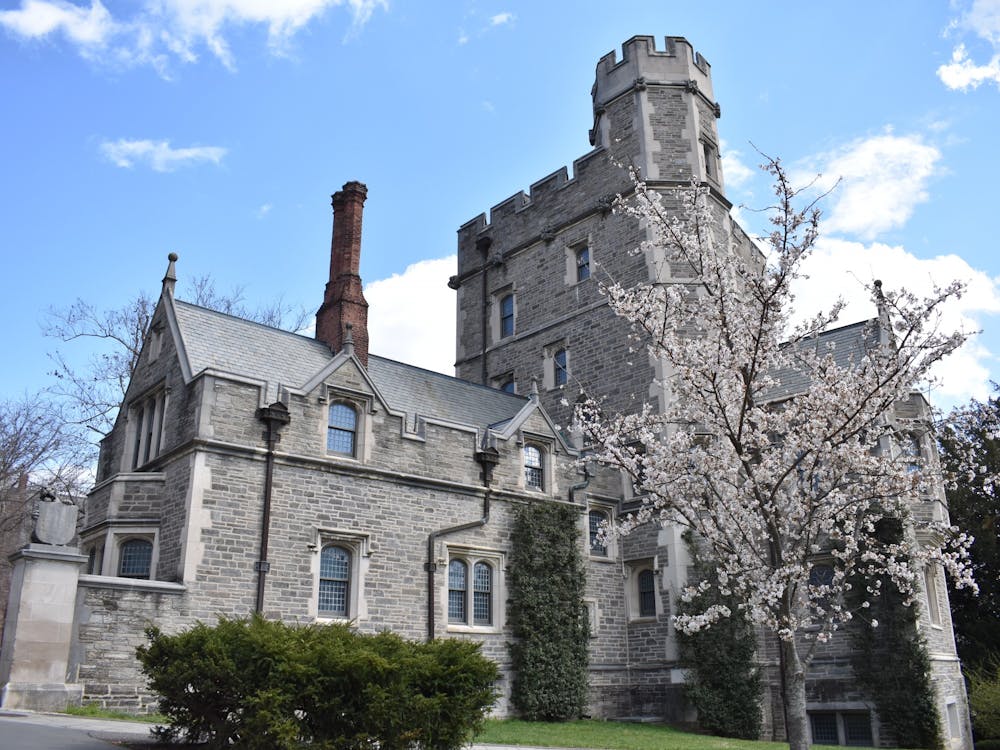Since its inception in 2013, the Princeton Pre-read has introduced incoming first-year students to pressing current events, societal, and campus issues. The Class of 2019’s Pre-read, for example, discussed how race affects mobility. It was aptly assigned in 2015 — a year that saw the rise to national prominence of black police shootings, a subject which received significant media coverage and sparked polarized protests across the country. We see from past trends that the Pre-read speaks to the current state of our society and may even serve as a larger symbol of campus events. Hitting on topics like equality, stereotypes, populism, and honor codes in recent years, the Pre-read educates and makes students aware of issues that may present themselves at the University.
President Eisgruber recently announced “Speak Freely: Why Universities Must Defend Free Speech” as the Pre-read book for the incoming Class of 2022. This decision was timely in that it was announced the same day several University students walked out of Professor Lawrence Rosen’s anthropology lecture after he — a white man — used the word “n****r” in a discussion on hate speech. President Eisgruber stated that he respects Professor Rosen’s decision about how to teach the subject, stressing the importance of academic freedom which “allows people to make pedagogical choices on how to teach difficult subjects.” In what has become a critical month for both free speech advocacy and opposition on the University’s campus, it is essential that incoming students understand the role of higher education institutions, like the University, in facilitating intellectual conversations and combating controversial issues through discourse.

Across the country, free speech on college campuses has certainly had its troubles, with censorship and suppression of ideas pervading. Last spring, The Evergreen State College held an event called Day of Absence, in which white students who chose to participate were asked to go off campus to discuss race issues, while students of color remained on campus.” This outraged biology professor Bret Weinstein, who called the event “a show of force, and an act of oppression.” Following this comment, Weinstein was confronted by students who demanded he be fired. Protesting students took over the library and held Evergreen President George Bridges hostage for several hours. Violence was threatened by an anonymous caller, triggering a campus shutdown for three days. What simply began as a professor’s call for open discussion about a controversial event turned into a disruptive and illiberal protest.
Educating students on the benefits of free speech, especially at colleges and universities where people are brought together from vastly different backgrounds, is necessary to prevent futile violence and hostility. Perhaps if students at Evergreen State College were to have read Professor Keith Whittington’s book — as the Princeton Class of 2022 will do this summer — the outcome of this situation would have been different. According to President Eisgruber, “inclusivity isn’t about protecting people from offense. Inclusivity is about creating an environment where people from all perspectives are capable and have the opportunity and support they need to be able to speak up in conversations,” reinforcing the value of this year’s Pre-read book discussing the necessity for defense of free speech on college campuses.
Without an environment conducive to freedom of expression, intellectual conversations and respectful exchanges of ideas will be replaced by disruptive protests and unruly behavior. Universities have a responsibility to protect the freedoms of its students and faculty, and President Eisgruber’s selection is undeniably a step in the right direction.
Jared Shulkin is a sophomore from Weston, Fla. He can be reached at jshulkin@princeton.edu.








